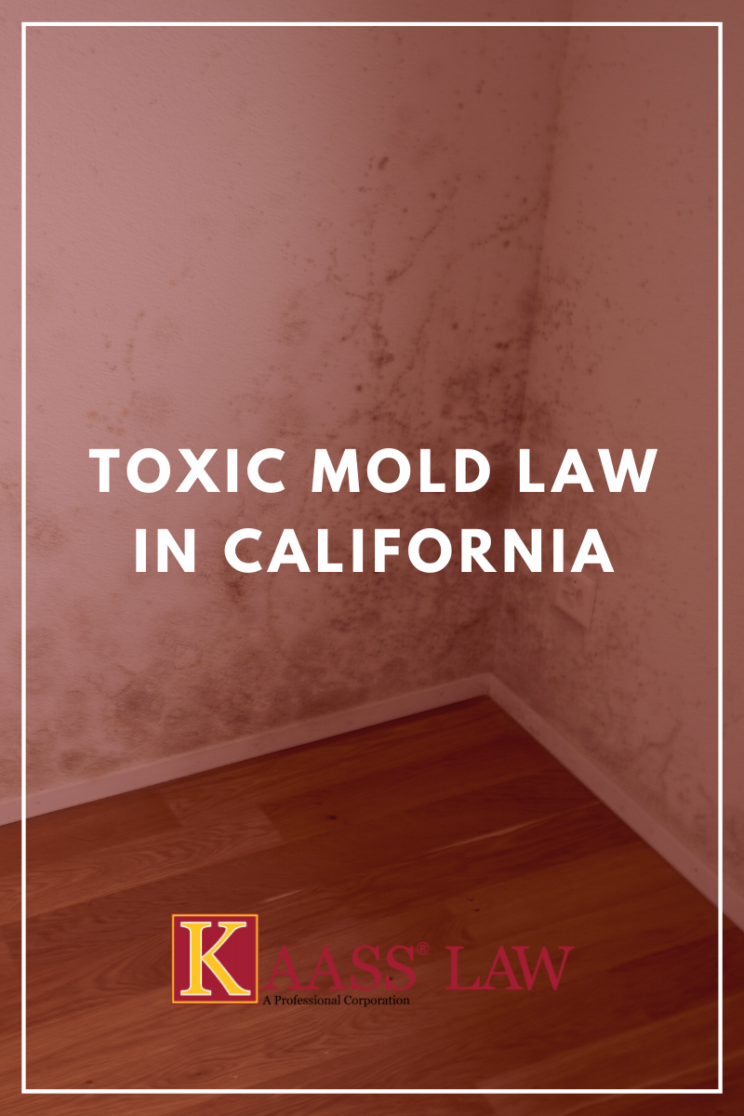What Is Toxic Mold and How Do I Know My Property Has It?
Toxic mold is a type of fungus that commonly grows inside people’s homes and can cause serious problems for both the property itself and those living in it.
Mold tends to grow in places that have a buildup of moisture, where the fungi can live more easily. Properties that have poor air circulation, have a lack of ability to dry themselves, or those that are located in humid areas are most vulnerable to mold.
Toxic mold can be visible to the human eye, but it also can accumulate inside walls or in hard-to-see areas. Some signs that your home contains mold include:
- Dirty water stains on the surface of walls, floors, and/or ceilings
- A musty odor, similar to that of a sweaty sock
- Moisture or liquid buildup
- Discoloration or rotting of walls, floors, and/or ceilings
Letting mold accumulate, whether visible or invisible, will cause physical damage to your home. It can discolor surfaces, leave unpleasant odors, and most importantly, the existence of mold can allow for other types of fungi to live alongside it. This means your home will be vulnerable to structural damage and rotting of wood specifically.
How Can Toxic Mold Be a Health Hazard?
In addition to being a risk to your property, toxic mold is also a serious health hazard to humans and animals. Less severe mold accumulation can cause flu or common cold-like symptoms, while severe cases can cause more dangerous health effects. Some of these include:
- Trouble breathing/Wheezing
- Dry Cough
- Irritation of eyes
- Congestion
- Fungal infection requiring hospitalization
My Apartment Has Toxic Mold in It, What Should I Do?
In order to take legal action against your landlord for the existence of toxic mold, you must prove that your landlord failed to address the issue and did not provide you with a reasonably habitable dwelling. For example, if your landlord knew of the mold and made a lease agreement with you anyway, or you told them about the mold and they did nothing about it for months, these could be legitimate reasons to sue them.
If you decide to bring a lawsuit to the property owner, you can be compensated for all damages related to the existence of mold. These may include:
- Injuries to yourself or health issues you had because of the mold
- Damage to your belongings
- Lost wages
- Pain and suffering
It may also be the case that because your landlord failed to address the toxic mold, you were forced to move out to avoid further suffering. This is a type of “constructive eviction,” meaning that your landlord indirectly made you leave the apartment by creating uninhabitable conditions. If this is the case, you may be able to recover rent that you paid during the months where mold was present.
Landlord Tenant Attorney in Glendale
If you or a loved one believes that their home contains toxic mold and or have suffered damages due to toxic mold in your home, we invite you to contact our landlord tenant attorney at (310) 943-1171 for a free consultation.

